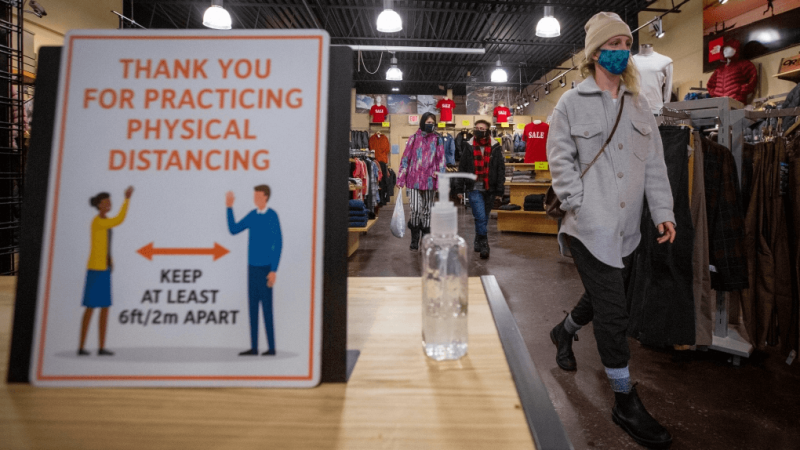When the World Health Organization declared Covid-19 a global pandemic in March 2020, nearly everything about the novel coronavirus was an open question.
…
Here’s a look at what we’ve learned.
Why do people’s experiences with Covid vary so widely? And are superdodgers real?
Follow the latest news and policy debates on sustainable agriculture, biomedicine, and other ‘disruptive’ innovations. Subscribe to our newsletter.
Scientists have been trying to investigate if there’s something biologically unique about Covid superdodgers that gives them immunity to infection. But the closest they have come is finding that mutations in the human leukocyte antigen — which signals to the immune system that cells are infected — can help clear out the virus so quickly that a person might be completely asymptomatic.
…
Is there any such thing as a seasonal break from Covid?
When Covid first took off in winter 2020, many people hoped that the summer months (at least in some parts of the world) would bring a reprieve. It’s true that there are naturally more opportunities for aerosol transmission of Covid in the colder months, when people spend more time indoors. Buildings are also more tightly closed in the winter, leading to poorer ventilation and potentially higher levels of pathogens in the air. And some studies suggest that the virus also remains infectious for longer, and particles carrying it are able to stay in the air for a greater period of time, when the relative humidity is low.
But Covid doesn’t seem to be inherently seasonal — “we’ve clearly had surges in the summer as well,” [environmental engineer Dr. Linsey] Marr said.































